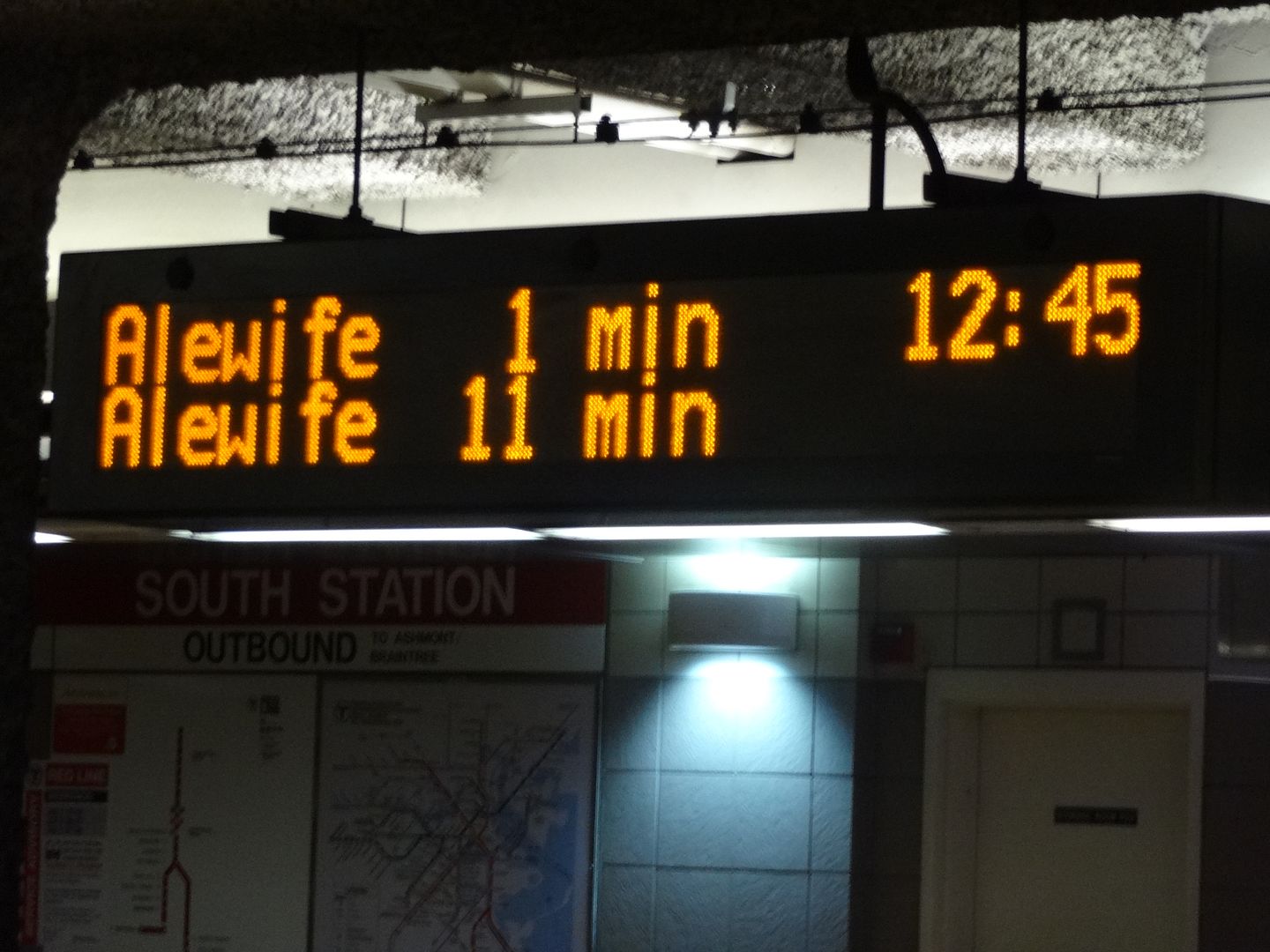Re: Driven By Customer 'Service' Parte Dos
Because of the stupid inflexible "Buy America" and "Buy [THIS STATE]" requirements in transit orders a lot of the usual transit vehicle suspects (Kinki, Kawasaki, Bombardier, Alstom, Siemens, Hyundai-Rotem, Breda, etc. etc.) have the magical ability to open up new manufacturing capacity on short notice to suit new orders. For example, you can't build hardly anything for the MTA without having a plant in New York State because of how much local politicians interests have booby-trapped their ordering process.
This is why Kinki was here in the first place. It's why Hyandai-Rotem set up shop in Philly (because their initial commuter rail order was a "buy PA" deal for SEPTA's Silverliner EMU's).
The thing is...none of the components made here, none of the carbodies are pressed here. They're manufactured overseas, and assembled into macro-components. Then they come over on a boat and go by truck or freight rail to the "local" factory, only the final big pieces are assembled here, and the local field techs do the vehicle testing. It doesn't take a "headquarters"-level local presence to do (which is why Kinki's MA base is pretty low-key and not a huge employer). These companies have perfected their supply- and manufracturing-chains enough to permit these nomadic satellite assembly locations that follow the orders around the country. They can do as cost of doing business because they have full control where they plunk their overseas component manufacturing capacity and tend to be pretty brutally efficient at keeping their costs down from the source.
This is the folly of "Buy America" and how it's driven nearly every single American transit manufacturer out of the business. Homegrown manufacturers can't afford to have a New York assembly office to compete for MTA orders and a California office to compete for California assembly orders, and keep moving around for the politically motivated "Buy [THIS STATE]" requirements. They're punished by their higher labor costs at the component plants and at world headquarters. And American transit agencies end up paying the highest vehicle prices in the world (even for the non-FRA generics like subway cars and trolleys) because of the "Buy America" overhead associated with every remaining foreign company having to contort themselves with the same roving local assembly plants.
All this while the U.S. still dominates aerospace (which...just about all of the biggest foreign train makers dabble in too!), and still has a stable plurality of car manufacturing. Those companies won't touch this market any longer. Remember...as recently as the 70's Boeing bet big on transit vehicles because it (correctly) saw an emerging market. And it got its ass kicked by the (then-new) "Buy America" laws, and gave up before it had even had developed much real-world experience building them. The foreign competition gaming the system is part of what sank storied American mainstays like Budd and Pullman (ironically, both swallowed by Bombardier just north of the border). The only American dominance left in rail is with FRA-compliant push-pull locomotives--GE, EMD (ex-GM), MPI, etc.--because the U.S. is a completely different monoculture from the rest of the world with the hulking behemoths we're required to run and sheer disparity in freight vs. passenger traffic from the rest of the world. So the only reason for that source of bona-fide industry dominance is...also totally unnatural and dysfunctional due to self-defeating regulation.

